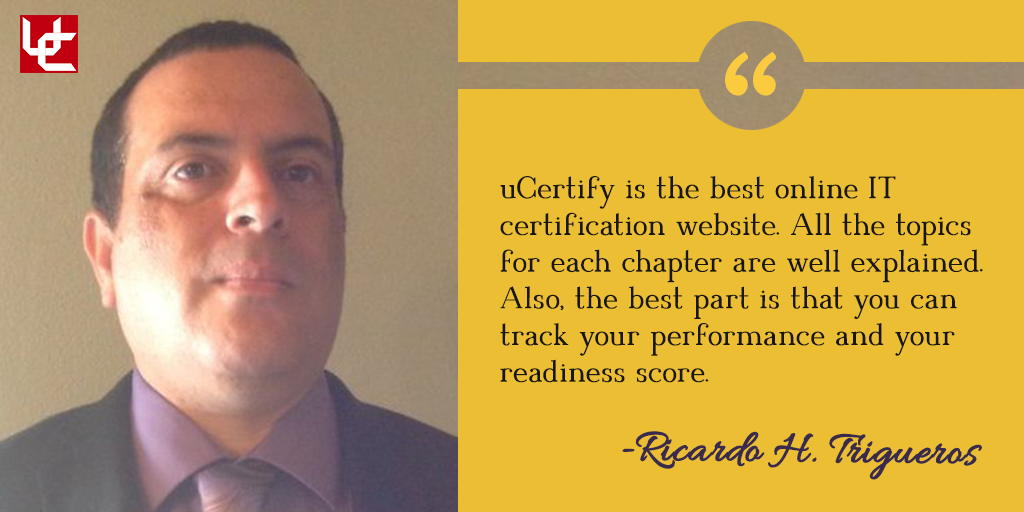In this present world of the web, you basically can’t bear to work together without being on the web, and keeping your website secure ought to be the top priority. An accessibility to an organization’s digital presence has become increasingly vital and that accessibility gets compromised due to Faulty website security. If a company website is compromised, it can cause irreparable damage to its reputation. Web security is fast becoming a cause for concern for many businesses, and spending is set to exceed USD 1 trillion between 2017 to 2021.

Here are the four most important reasons you should consider stepping up your web security.
- Avoid unnecessary loss of money:
This is the worst thing that can happen and it should be your major motivator. An online business has the purpose of making money. On the off chance that you will lose money as opposed to making them, it implies that your online business doesn’t have the purpose to exist. Web security issues will make you lose money like nothing else.
- Loss of information and reputation:
Malware can result in the burglary of your information as well as the majority of your client’s information. No client will be in the need to utilize your services if they find that their data isn’t protected. Clients will rapidly locate a more secure solution for their necessities in the event that you don’t act quickly to rid your website of malware.
- The website can be blacklisted:
One of the troublesome situations that a business can be into, in the present innovative world is being blacklisted by web search engines. At the point when a website is blacklisted, it won’t show up in any applicable searches and is fundamentally wiped from the substance of the Internet. Search engines will blacklist a website if it is found to have malware.
- Hackers do not choose:
No matter how big your business is, it is best to keep it safe. The common misconception of some website owners is that they feel less threatened as their websites are small and cannot be easily noticed by these hackers. The truth is that these hackers can get into your system and can easily find your website to be vulnerable to attack. To be protected, put resources into securing your website by frequently updating your web security program.
The security one invests in their websites is an asset to protecting not only your website’s content but as well your clients. Ensuring the protection of your customers implies being capable, reliable, and honest to your service. uCertify offers the Web Security Associate certification training for CIW Web Security Associate 1D0-571 certification exam. Enroll now in uCertify’s training course and become an expert in web security so that you can avoid malicious attacks on your website.




_(1)_000ZT7.webp)
No Comments Yet
Be the first to share your thoughts on this post!